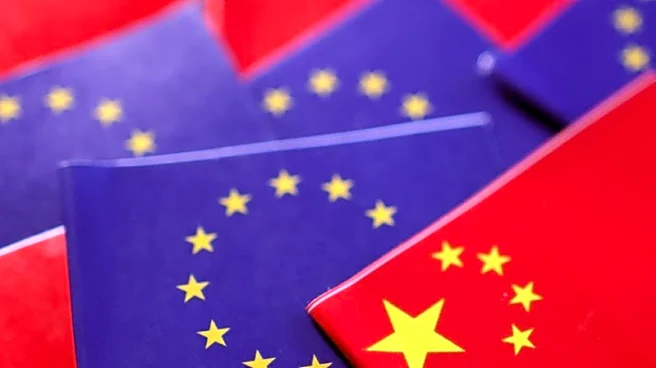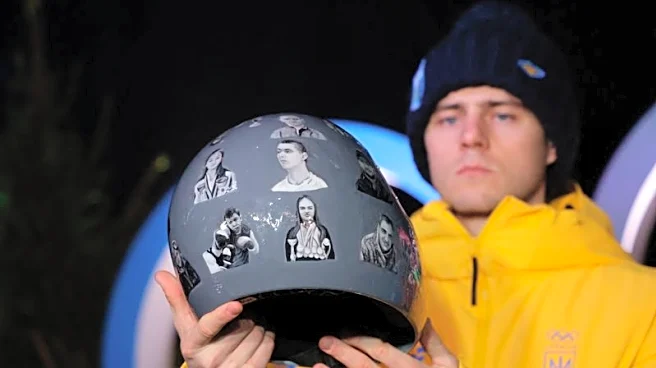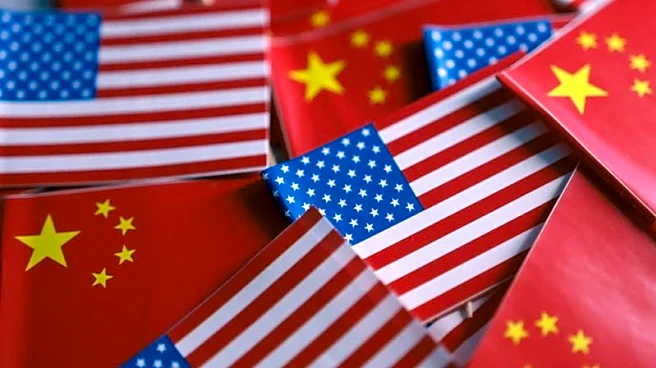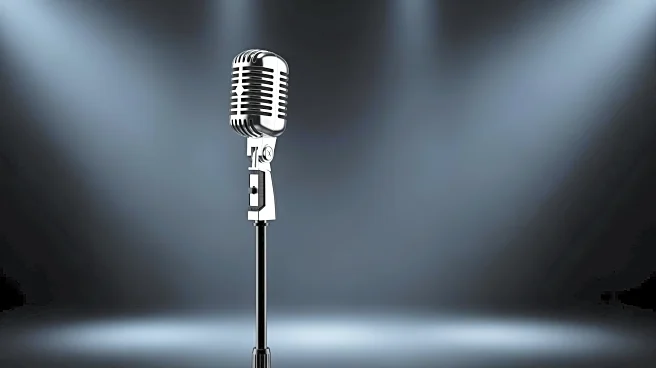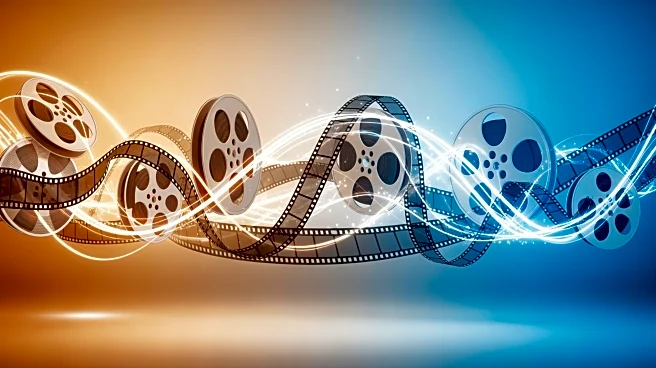What's Happening?
A recent social media post by J.K. Rowling has reignited tensions within the Harry Potter fandom and cast. On September 29, 2025, Rowling posted a remark accusing a former cast member of being out of touch with real life, following a podcast interview that attempted to reconcile past disagreements. The comment quickly gained traction, with major outlets like Variety and The Guardian amplifying the debate. The post has led to polarized opinions among fans and actors, with some defending Rowling's bluntness and others criticizing the personal nature of her comments. This development raises questions about the future of potential reunions or adaptations within the franchise.
Why It's Important?
The ongoing feud highlights the complex relationship between creators and their works, especially when personal views become public. For the Harry Potter franchise, this could mean increased division among fans and potential complications for future projects involving cast members. The cultural weight of Rowling's words can influence fan conversations and industry decisions, potentially affecting the franchise's legacy and commercial prospects. The situation underscores the challenges of separating art from the creator's personal opinions, a debate that continues to resonate in the entertainment industry.
What's Next?
The public spat may lead to further polarization within the Harry Potter community, impacting any plans for reunions or adaptations. Stakeholders such as studios, cast members, and rights holders might need to address the situation to prevent long-term damage to the franchise's reputation. The ongoing discourse could become a permanent part of the franchise's narrative, influencing how future projects are received by audiences.
Beyond the Headlines
This incident reflects broader societal debates about the separation of art and the creator's personal views. It raises ethical questions about the responsibilities of public figures in expressing personal opinions and the impact on their professional work. The situation may prompt discussions about the role of social media in shaping public perception and the power dynamics between creators and their audiences.





